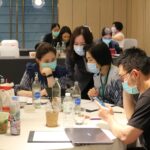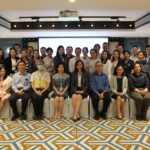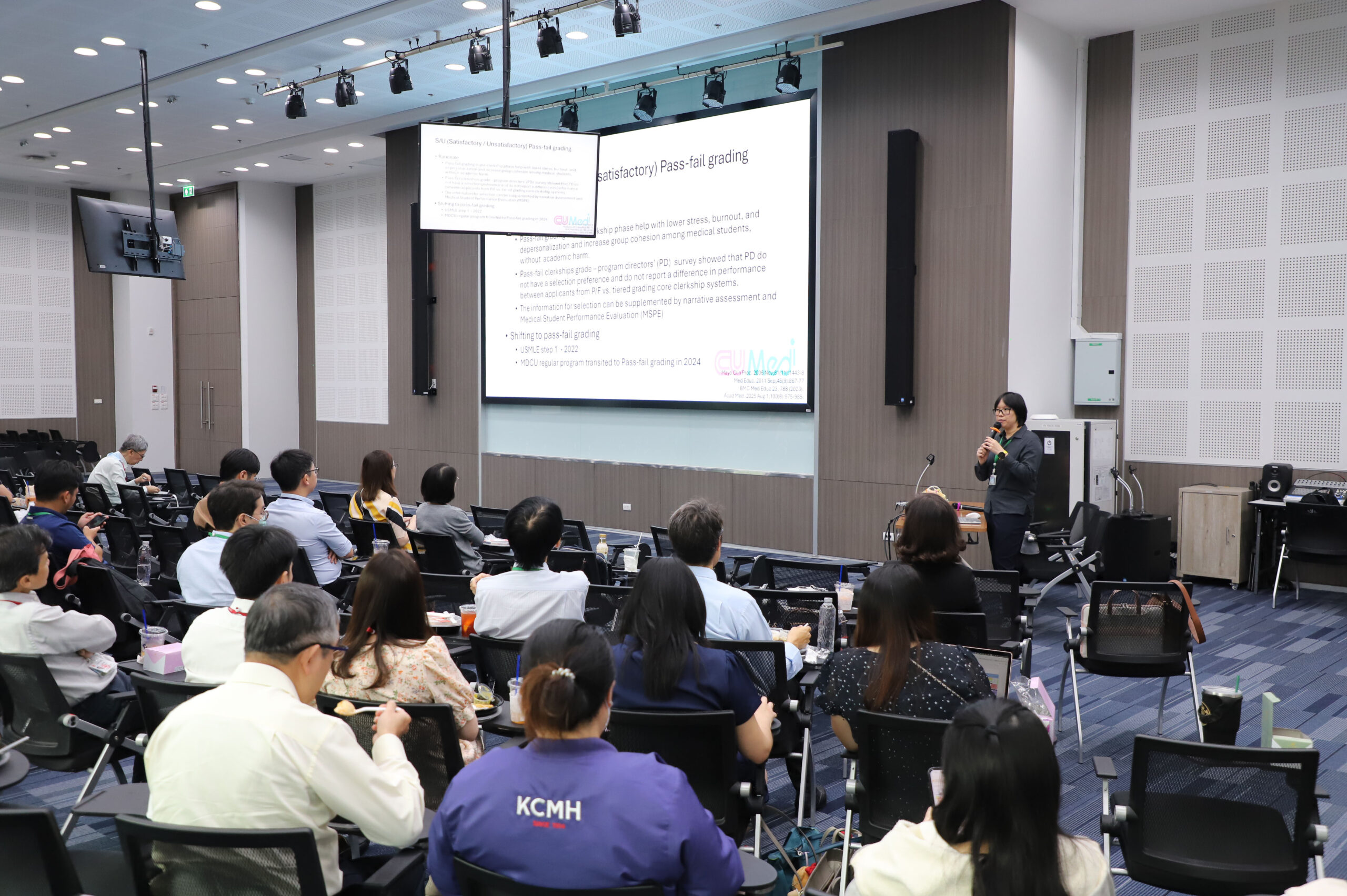The Chulalongkorn University International Medical Program (CU-MEDi) recently conducted its inaugural Pre-clerkship Curriculum Committee Seminar on May 26, 2023.
With a strong commitment to continuous improvement, valuable feedback and recommendations from both faculty and students were comprehensively discussed throughout the meeting. Another essential aspect of the seminar was curriculum mapping. Medical science topics that needed to be reinforced were identified and consolidated to ensure a consistent integration of medical sciences across each module during the pre-clerkship phase. With the recommendations from Queen Savang Vadhana Memorial Hospital (QSMH) faculty, adjustments were made to improve the current pre-clerkship education, thereby fostering a seamless integration between the pre-clerkship and clerkship phases.















